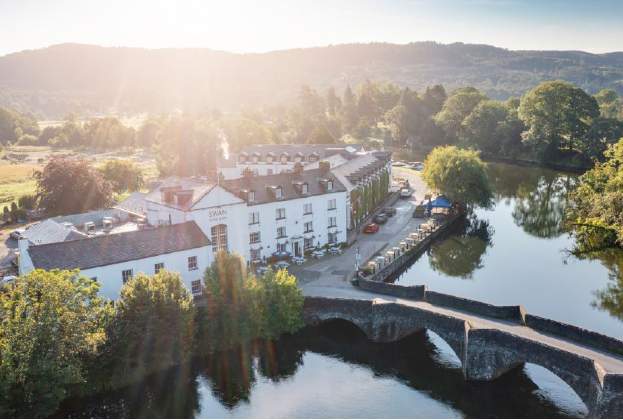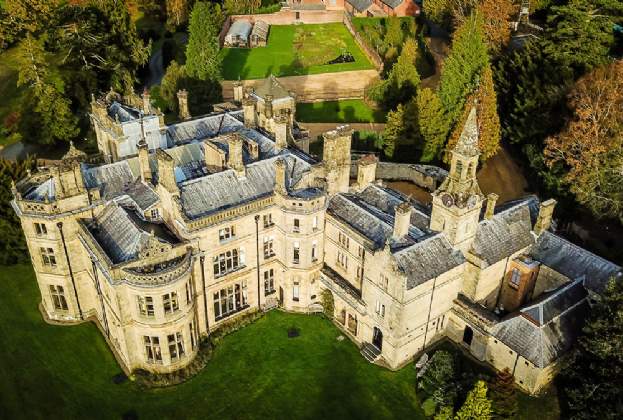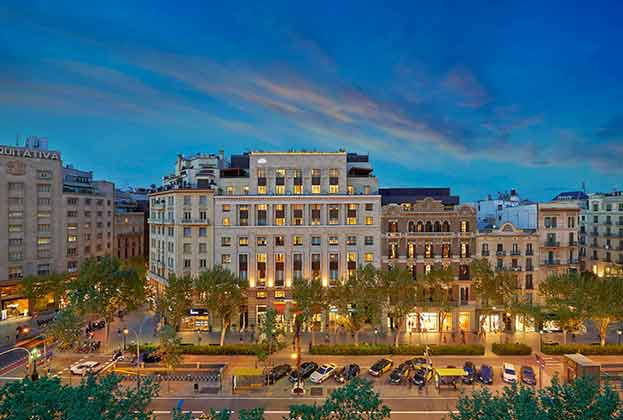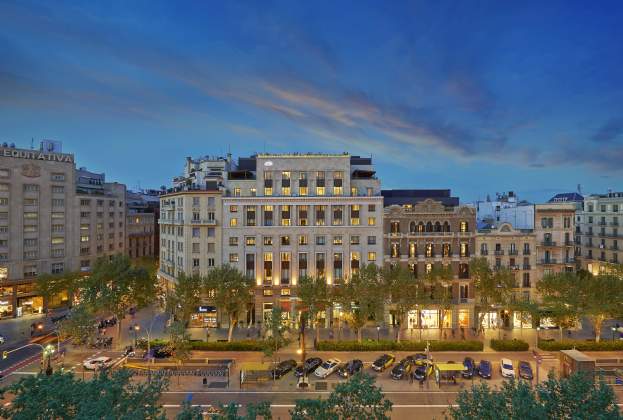The luxury hotel market in the UK is in robust health, with more than 105 five-star hotels and 10,521 five-star hotel bedrooms. Furthermore there have been numerous openings and expansions which evidence the vitality of the sector across the country.
There have been several notable examples of hotels ‘getting it right’ in the last couple of years, including Boringdon Hall in Devon, comprising 40 luxury bedrooms, a GAIA Spa and two restaurants, and The Southampton Harbour Hotel with its 99 bedrooms, a Har Spa and Jetty Restaurant. Lympstone Manor Hotel, near Exeter, was recently opened by chef proprietor Michael Caines and offers 21 five-star bedrooms.
That said, the traditional luxury sector as defined by five-star status, has recently been challenged by a shift in consumer trends and a blurring of the lines of what constitutes luxury. It is no longer defined simply by the price of an item or by its star status. Time-poor consumers are instead looking to spend their money on unique and experiential stays.
This has coincided with the growth in impact of social media and users’ desire to share how they spend their leisure time in aspirational tweets, Instagram and Facebook posts. This has also been accompanied by a rise in conscientious travellers who choose their stays based on brands whose perceived values align with their own.
Hotels such as those in The Pig group, The Scarlet Hotel in Cornwall and No. 15 Great Pulteney, Bath, are able to achieve rates similar to their five-star counterparts without having had to pursue a five-star rating.
These disruptors, which provide high-quality accommodation but also unique experience-led stays, have benefitted from the growth in the power of social media. Their products are eye-catching with design at the forefront, providing an ‘Instagrammable’ backdrop.
Furthermore, the experiences offered are underpinned by a value-led ethos tapping into consumer concerns such as sustainability and community engagement. For example, each of The Pig hotels sources all of its ingredients from within 25 miles, strengthening its home-grown and local credentials.
The Scarlet Hotel was purpose designed and built around a sustainable ethos and No 15. Great Pulteney has a strong community link by providing its bedroom walls as the backdrop for murals produced by local up and coming artists.
Regardless of star rating, however, delivering an exemplary service and environment are now considered standard and hotels’ focus must remain on guests and their experience.
.jpg)


.jpg)
.jpg)





